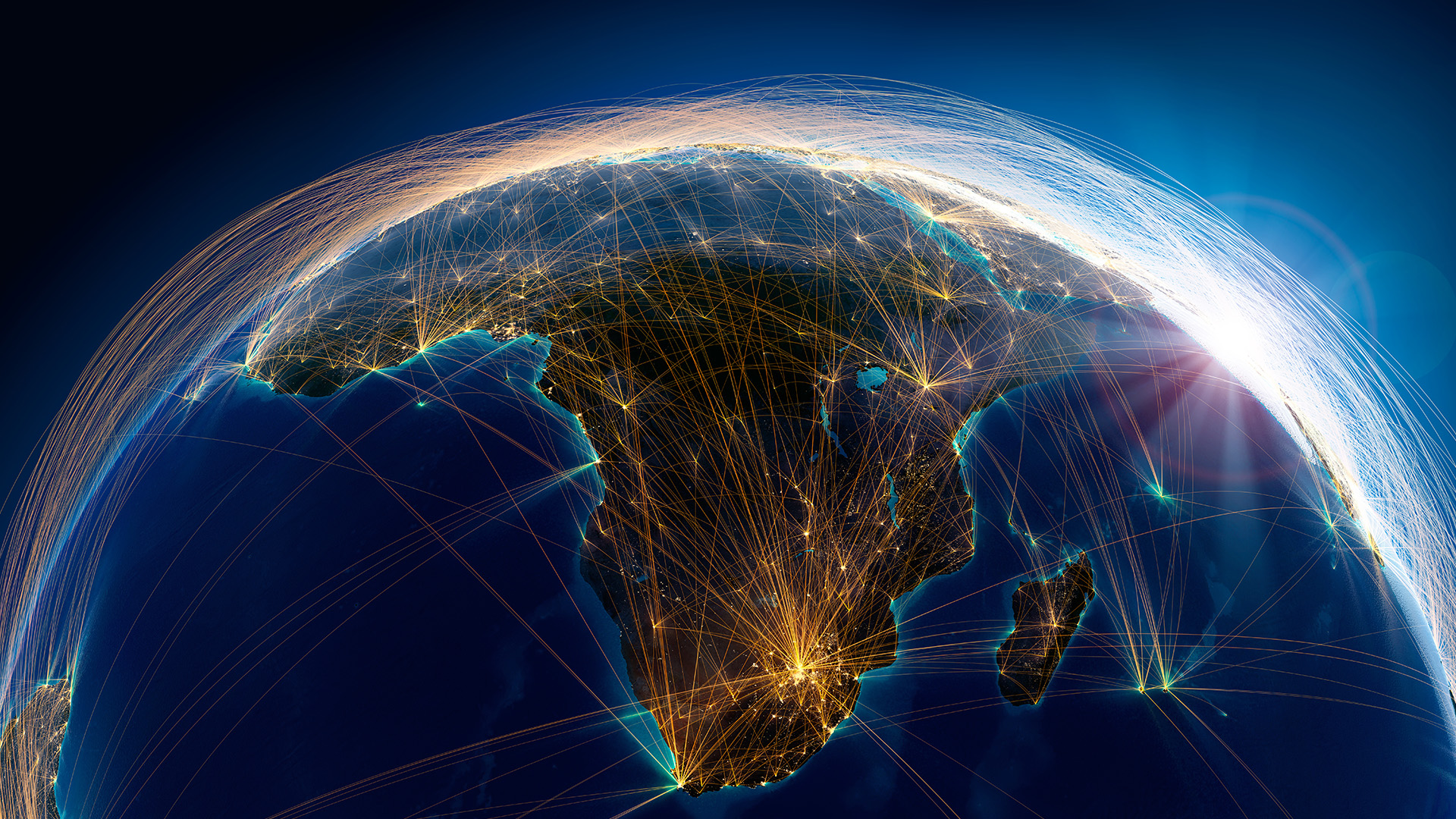
Event
2025 Insurathon: Pitch to win £50,000 of investment and pro bono UK legal advice
The Insurathon is a Norton Rose Fulbright event which fosters technological advancements and innovation in the insurance sector, now in its eighth year.


Africa | Publication | February 2023
DNV’s report on energy transition which includes the report focused on Sub-Saharan Africa (SSA), highlights the different pressures faced by developing nations in reducing emissions. The report highlights the opportunities and challenges faced by SSA particularly in light of the growing global pressure to reduce harmful emissions. SSA’s rapidly growing population, which is forecast to reach almost 2 billion by 2050, combined with decades of neglect of existing infrastructure and an inability to keep pace with the growing demands of a burgeoning population and a need to develop has resulted in what the report calls a “colossal deficit” in energy supply. This has been hampered further by state-owned enterprise (SOE) dominance of the sector, unpredictable policy frameworks and lack of private capital investment. However, 2020 marked the first year where private sector independent power projects (IPPs) counted for more than 50 percent of the new capacity. The report concludes that the weak financial position of SOEs, the large energy deficit and an enormous funding gap makes a rise in IPPs inevitable. This creates enormous opportunities for IPPs.
In the transport sector, increasingly stringent regulation of emissions from ships, aircraft and trains is being driven partly by global frameworks and partly by insistence by the major players in the logistics and transport industry that owners of transport operations cut their emissions. This is reflected in the Poseidon principles for investment in shipping and in the Sea Cargo Charter concluded by major commodity traders. The need for reductions is highlighted in the Transport Plan for 2022 recently approved by the South African government.
At the 27th Conference of the Parties (COP27) held in the Republic of Egypt in November 2022 (also described as the African COP) the South African Presidency met with South Africa’s partners: Germany, France, the European Union, the United States of America and the United Kingdom on the Just Energy Transition Partnership (JETP) and also presented South Africa’s JETP Investment Plan (JET-IP).
The JET-IP is intended to fund South Africa’s Just Energy Transition, which is based on the Framework for a Just Transition in South Africa (the Framework). The Framework focuses on managing the social and economic consequences of the climate and mitigation policies, while putting human development concerns at the center of decision making. The Framework focuses on a number of sectors and value chains that are at risk in the transition, which form part of the formal economy. The automobile value chain is one of those sectors.
The Framework recognizes that South Africa will need to keep up with the global transition of accelerating the introduction of electric vehicles (EVs) to risk exclusion from the current exports to Europe and the United States, both of which have committed to mass use of EVs by 2030. The car manufacturing industry is a major employer, responsible for 15 percent of export revenue and the industry contributes about 5.5 percent to GDP. Production of EVs, however, requires fewer inputs and jobs than petroleum-based cars. The Framework records that currently in South Africa, approximately 100 000 people work in car manufacturing, 250 000 as car mechanics and 250 000 as taxi owners and drivers. It is also not clear how petrol stations, will adapt to the move to EVs and that is an industry which employs around 130 000 people.
The JET-IP presented at COP27 maps out South Africa’s R 1.5 trillion investment plan for the next five years to assist the country’s just transition to a greener economy, with more funding required going forward. The JET-IP makes it clear that the scale of funding needed to achieve South Africa’s ambition is much higher than the $8 billion dollars offered through the JETP launched at COP26.
EVs are one of the priority areas highlighted in the JET-IP, given that the transport sector is the second biggest contributor to greenhouse gas emissions, with R128 billion directed to EVs. Funding is also required to develop the green hydrogen sector, which is intended to receive 22 percent or R319 billion of the funding – part of which is intended to develop port infrastructure, with the plan that South Africa will be a leading exporter of green hydrogen.

Event
The Insurathon is a Norton Rose Fulbright event which fosters technological advancements and innovation in the insurance sector, now in its eighth year.
Subscribe and stay up to date with the latest legal news, information and events . . .
© Norton Rose Fulbright LLP 2025